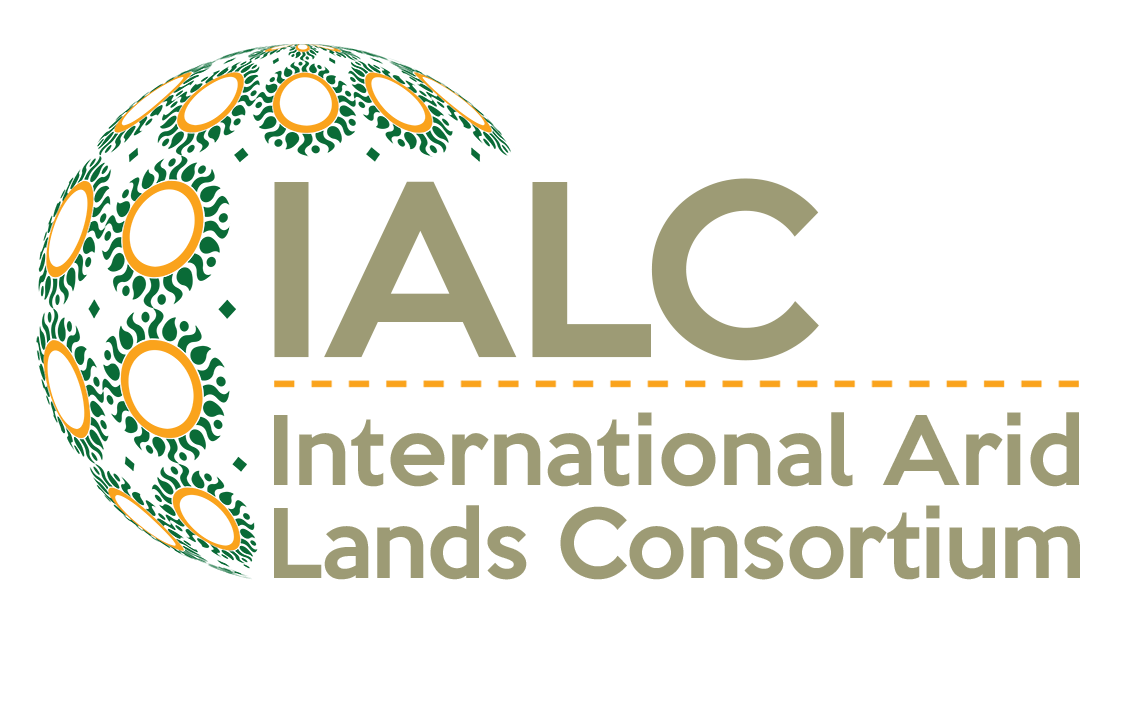International Arid Lands Consortium Studies How Tree Planting in Israel Affects Biological Diversity
The International Arid Lands Consortium (IALC) looks at how the Jewish National Fund's Savannization Project has increased species richness in Israel
September 5, 2000 (Tucson, AZ)--The International Arid Lands Consortium (IALC) is conducting a two-year project, entitled, "Influence of Savannization and Brush Invasion on Spider Diversity." Researchers from Ben Gurion University-Israel and New Mexico State University are collaborating to discover how changes in the environment affect biological diversity in arid regions of Israel and the southwestern United States.
One of the major challenges to the management of arid environments is to effectively arrest desertification and restore productivity and biodiversity. Human-induced and natural changes in biodiversity need to be monitored in order to expand existing ecological knowledge and to refine models used in adaptive management of arid regions.
One change on the environment made by humans, the introduction of trees and large shrubs, may increase diversity by offering new habitats, or decrease diversity by removing existing habitats and reducing the size of habitat patches. In Israel, to counteract desertification, the Jewish National Fund developed the "savannization project" in which trees were planted in arid scrubland. The trees increase productivity of the area and introduce a new habitat type, which is likely to increase species richness. However, the exact effect of the trees on species diversity is not known.
To determine the effect of savannization on species diversity, the researchers need to examine key species groups. In arid environments, predacious arthropods, and in particular spiders, are abundant and diverse, and are a crucial part of this ecosystem because of their role as major arthropod predators in the food web. Preliminary work has shown that spiders are ideal organisms for assessing the effects of savannization as they are easy to monitor and are sensitive to habitat structure.
The aim of this study is to compare two arid systems which have seen an increase in trees. In one system, trees have been artificially added to aid diversification, in the other system, trees or large shrubs are encroaching in an arid grassland habitat. The researchers are conducting parallel studies of the direct and indirect effects of the addition of trees on the spider community by comparing spider densities and species richness at two sites. At Sayeret Shaked Park, Israel, the researchers will compare "savannized" and natural scrubland, while at the Jornada, Doña Ana County, New Mexico, U. S. A. the researchers will compare shrub-encroached and natural scrubland.
This study increases understanding of biodiversity in an arid environment, and the effect of managed and unmanaged tree enhancement on an arid habitat. By using spiders as an example, the researchers are learning about the effect of man-induced changes on species diversity of a major group of arthropod predators. The findings provide data on the effects of different management practices in arid ecosystems. This information aids in developing sustainable management programs.
Support for this project came from the USDA Cooperative State Research, Education, and Extension Service.
#######
The International Arid Lands Consortium (IALC) is an independent nonprofit organization dedicated to exploring the problems and solutions unique to arid and semiarid regions. IALC promotes cooperative research and practical application of new knowledge to develop sustainable ecological practices. The member institutions and their affiliates share a mission to enable people of arid lands to improve the quality of life for future generations. IALC members include the University of Arizona, Desert Research Institute-Nevada, the University of Illinois, Jewish National Fund, New Mexico State University, South Dakota State University, Texas A&M University-Kingsville, and the Higher Council for Science & Technology-Jordan. The Ministry of Agriculture & Land Reclamation-Egypt is an affiliate member.
Project Addressed in this News Release:
- 99R-12 Influence of Savannization and Brush Invasion on Spider Diversity (Ben Gurion University-Israel, New Mexico State University)

